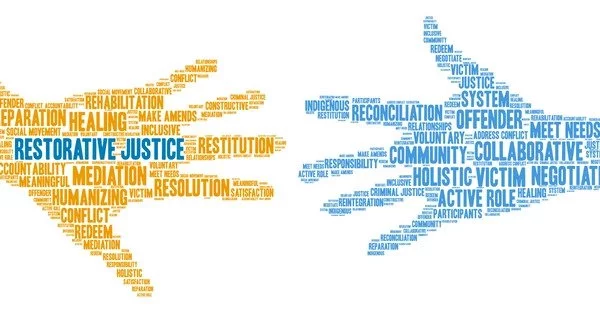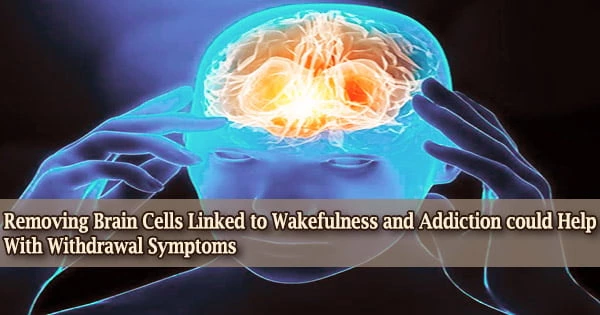Restorative justice is a philosophy and approach to addressing harm caused by wrongdoing. It is a type of justice in which one of the responses to a crime is to organize a meeting between the victim and the offender, sometimes with representatives from the larger community. It is based on the belief that when a person or community has been harmed, the focus should be on repairing the harm and restoring relationships rather than punishing the wrongdoer.
The goal is for them to share their experiences of what happened, to discuss who was harmed by the crime and how, and to reach an agreement on what the offender can do to repair the harm caused by the offense. This may include a monetary payment made by the offender to the victim, apologies and other amends, and other actions to compensate those affected and prevent the offender from causing future harm.
Restorative practice, which enables people to communicate effectively and positively, can be used anywhere to prevent conflict, build relationships, and repair harm. Restorative practice is being used more frequently in schools, children’s services, workplaces, hospitals, communities, and the criminal justice system. It can include both a proactive approach to preventing harm and conflict as well as activities to repair damage caused by existing conflicts.
Restorative justice involves bringing together the person who caused the harm, the person or people who were harmed, and any affected community members to have a facilitated conversation about what happened, how it affected everyone involved, and how to make things right. The goal is to reach a mutually agreed-upon resolution that addresses the harm done, restores relationships, and supports the healing of everyone involved.
A restorative justice program seeks to encourage offenders to accept responsibility for their actions, to comprehend the harm they have caused, to provide an opportunity for them to redeem themselves, and to discourage them from causing further harm. Its goal for victims is to give them a voice in the process and reduce feelings of anxiety and powerlessness. Restorative justice is based on a different theory than traditional methods of justice, which frequently focus on retribution. Restorative justice programs, on the other hand, can supplement traditional methods, and it has been argued that some cases of restorative justice constitute punishment from the standpoint of some perspectives on what punishment is.
Restorative justice practices can be used in a variety of contexts, including criminal justice, schools, workplaces, and communities. The approach is often seen as a more effective and humane way to address wrongdoing, as it can help to reduce recidivism, promote accountability, and promote healing and restoration for all involved.
















